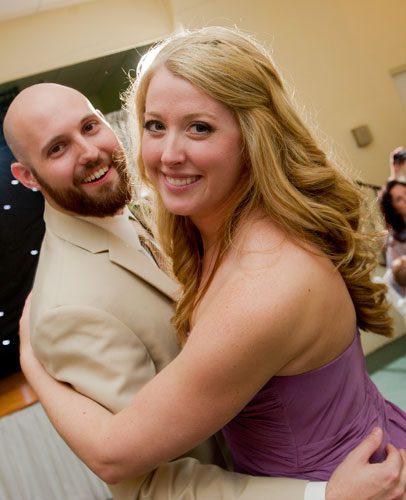
“For example, if you think a certain behavior is acceptable when it’s done by someone on your side, would you feel the same way if it was somebody on the other side? Of course, every circumstance is different and there could be exceptions. “Consistency is how we can try to overcome those biases,” Beem said. While humility is about understanding that everyone has biases that are hard to overcome, honesty is about recognizing that those biases can lead us to believe falsehoods. To organize the list of virtues that would help citizens live together and thrive within a democracy, Beem broke them down into three categories: democratic thinking, democratic acting, and democratic belief.Īccording to Beem, intellectual or “thinking” virtues help us understand what is good and just, and the three thinking democratic virtues are humility, honesty and consistency. However, Beem said there is still opportunity for people to step up and be part of the solution: changing the way they think about democratic citizenship. As more partisans - politicians and citizens alike - reflect this attitude, the rhetoric ratchets up, leading to ever more distrust, antagonism, and even enmity.”

“In this moment, the ‘other side’ is no longer an opponent but an existential threat norms of behaviors are for suckers politics has become a zero-sum game. “It has swamped the banks of our democratic life and turned us into two ever-more-hostile camps,” Beem wrote in the book’s introduction. tends to split people into one team or the other - the problem has reached new heights in the U.S. He argued that tribalism is a basic neurological tendency for people to be drawn to others similar to themselves, and that it affects almost everyone.īeem said that while democracies are generally vulnerable to tribalism - for example, the two-party system in the U.S. is tribalism, the tendency for people to form groups, cooperate within them, and distrust and disparage those outside the group. But we can step up and analyze our own behavior and make small changes to the way we think and act to help stand up for our democracy.”Īccording to Beem, one of the greatest current threats to democracy in the U.S. “People might not be able to change the way the news is reported or overcome the power of lobbyists and campaign donations.

“Many people would ask me what the average citizen can do to defend our democracy, and it’s a good question that deserves a serious answer,” Beem said. According to Beem, the book was inspired by a question he was often asked when people learned about his area of study. The book describes the characteristics and practices - such as humility, courage, and charity - that Beem said can help people become better democratic citizens. democracy, what can the average citizen do?Ĭhristopher Beem, managing director of the McCourtney Institute for Democracy at Penn State, attempted to answer that question in his upcoming book, "The Seven Democratic Virtues: What You Can Do to Overcome Tribalism and Save Our Democracy." But when it comes to improving the state of the U.S.

They can vote, volunteer in campaigns, or even run for office themselves. People can become involved in politics in a number of ways.


 0 kommentar(er)
0 kommentar(er)
